In Vietnam, digital transformation of libraries is opening a new door for the process of building a learning society and forming digital citizens - people who proactively access, create and share knowledge in cyberspace.
From traditional bookstores to open knowledge spaces
Implementing the Digital Transformation Program for the library sector by 2025, with a vision to 2030, the public library network across the country is gradually transforming strongly. Libraries that were only familiar with on-site services have now put millions of pages of documents online, creating conditions for readers to look up and use remotely. The National Library of Vietnam has completed the digitization of a large volume of rare documents, including Han Nom books, ancient newspapers, and regional local records. The thuvienquocgia.vn platform has become an open knowledge portal, allowing users anywhere to access this data warehouse for free.
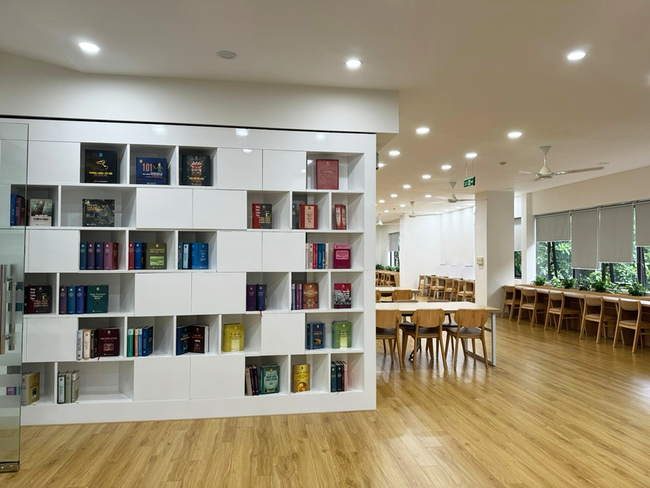
Along with the method of digitizing documents, the National Library also upgraded facilities for direct reading.
Many local libraries have quickly caught up with the new trend. Hanoi Library, Ho Chi Minh City Library, Da Nang Library or Binh Duong Library have deployed modern electronic library systems, integrating online searching, borrowing and returning, and e-book reading services. Putting the digital platform into operation not only helps save costs, but also expands service capabilities, helping people in remote areas, people with disabilities, students and pupils to access diverse sources of knowledge that were previously only available in the city center.
A learning society cannot be separated from equal access to information. With digital libraries, geographical boundaries, time or economic conditions are no longer barriers. Farmers in Hoa Binh can read books on new farming techniques; students in Thua Thien - Hue can look up local historical documents; students in Can Tho can borrow electronic textbooks remotely. Digital libraries are the bridge that brings knowledge to everyone, promoting a culture of reading and lifelong learning.
Notably, many localities have been creative in organizing learning activities through the digital environment. Many local libraries have coordinated with the Department of Education and Training to implement programs, encouraging students to read and share their feelings on the digital library platform. In Thua Thien - Hue, many open reading space models have combined virtual reality (VR) technology to help readers experience local history and culture vividly.
Digital transformation not only changes the way libraries operate, but also shapes a generation of digital citizens – active, creative readers with the ability to select information. Thanks to digital platforms, people can self-study through libraries, participate in online courses, access open educational resources (OER) or participate in discussion forums about books and knowledge. This is the form of lifelong learning that UNESCO and international educational organizations encourage.
Digital libraries – the foundation of a learning society
In Vietnam, the “Community Learning Library” model is being replicated, combining traditional libraries and digital platforms, encouraging people to share skills, documents, and life experiences. In Ho Chi Minh City, “Electronic Readers Clubs” attract tens of thousands of members each year, creating an open learning network, contributing to building knowledgeable citizens in a digital society.
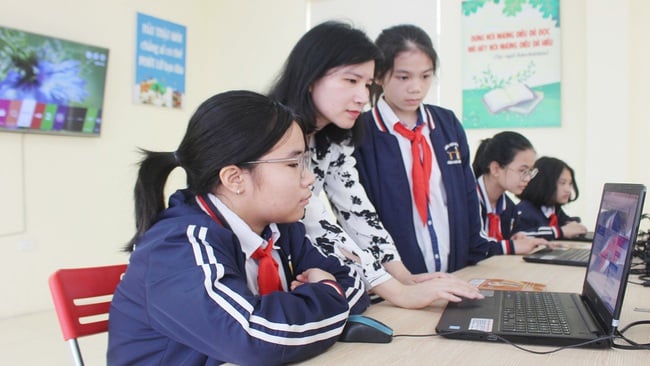
Students in many schools are instructed to read e-books (Photo: bvhttdl.gov.vn)
Although many positive results have been achieved, the construction of a digital library ecosystem still faces many challenges. Technology infrastructure in some district libraries is still weak; investment funding and IT human resources are still lacking; people's habits of using digital services are not uniform. Therefore, in addition to the efforts of the industry, it is necessary to have the support of local authorities, technology enterprises and the reading community to ensure that the digital transformation process takes place in a practical and sustainable manner.
According to the direction of the Department of Libraries (Ministry of Culture, Sports and Tourism), from 2025 onwards, 100% of provincial libraries will provide online services, integrating data with the National Library; at the same time, expanding connections to school libraries, specialized libraries and community libraries. When resources are connected, digital libraries will become a national knowledge infrastructure, serving the learning, research and innovation needs of all citizens.
Digital libraries are not just data warehouses, but also symbols of the spirit of lifelong learning, of a society that considers knowledge as power. When each citizen knows how to exploit, create and share information, they are not just readers – they are digital citizens of a knowledgeable and creative Vietnam.
Source: https://bvhttdl.gov.vn/thu-vien-so-canh-cua-mo-ra-xa-hoi-hoc-tap-va-cong-dan-so-20251018114711588.htm















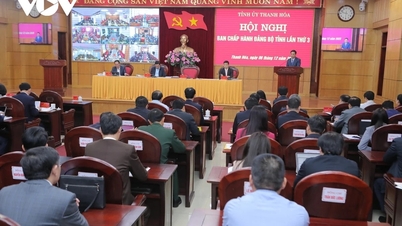





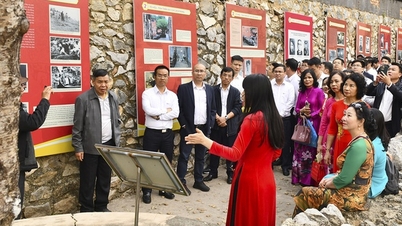
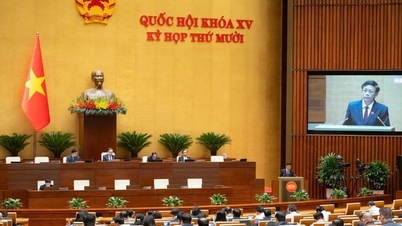












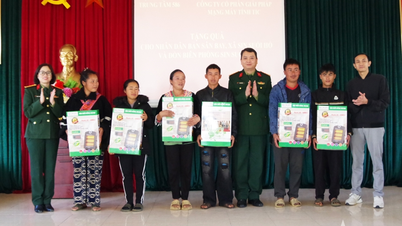































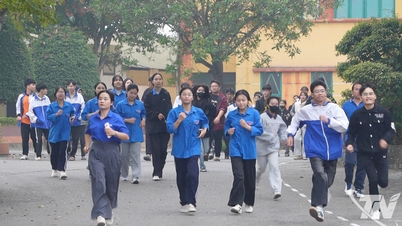

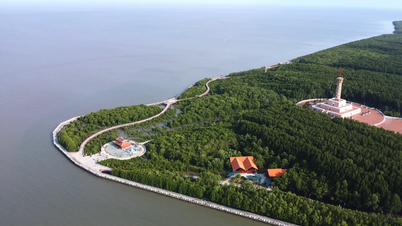


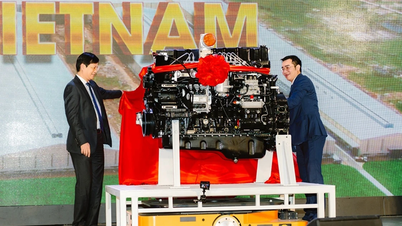



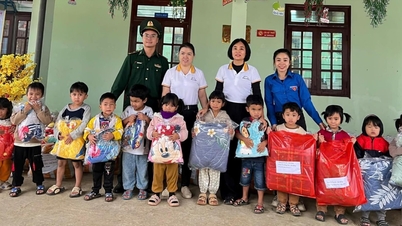


















Comment (0)